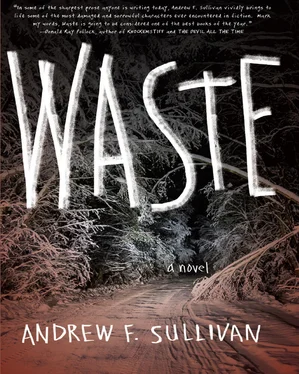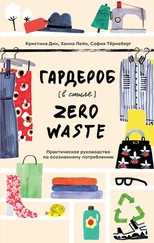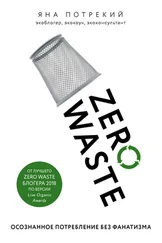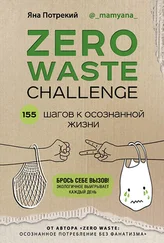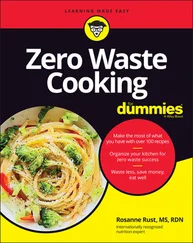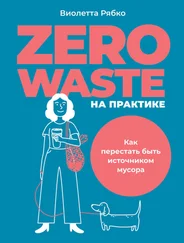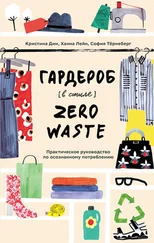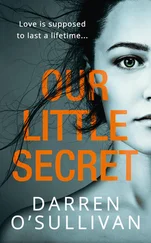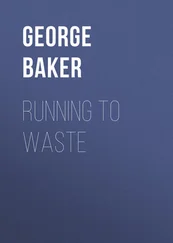“Your turn to roll, Tina,” said one of the girls wearing a purple vest. “You ready?”
“You can just skip me, I’m good, I’ve already got all your asses in a sling tonight.”
It wasn’t like the old days, with the tournaments and the competitive leagues. All the trendsetters had moved on to lawn bowling or water polo. Some of the old alleys had closed and reopened as diners or auto shops. Those closed too as the years passed. Now the alleys were full of old men who smoked cigarettes with extra tar and liked to inhale the cleaning spray they used for shoes straight from the can. The orange chairs had lost their luster and the carpets bled beer. Strobe lights and disco floors sputtered on and off, but the lanes still clattered and the world still ignored them. Big Tina liked it that way. No one came looking for her in these places.
“The hospital was probably…she might have gone there,” Big Tina said.
The flickering green and orange lights announced Rock’n’Bowl was about to begin. Moses’s eyes were fading from Tina’s face; he wasn’t really listening to her anymore.
The hospital pharmacy had been the place where Big Tina realized Elvira was gone from her, gone from this world. Every single shelf was too white, the lights too bright, every pill made to fix something that was wrong with you. There was no smoke, no clatter. That world was stark and bled around the edges like a nail clipped too close to the quick. Big Tina walked the tiny aisles and felt it throb under her skin. People wanted to look you in the eye and examine you in full — like a beached specimen on a steel table.
Elvira had talked to everyone while Big Tina sat and waited for the prescriptions. She explained that her husband never emerged from his room without first being served breakfast, and since she didn’t know how to cook she hadn’t seen him for years. You got used to it though, Elvira declared. She told stories about the Jolly Green Giant speaking to her in dreams and her long platonic friendship with Bill Cosby, who sometimes needed a weekend away from his family. They talked so much, you know. Bill could never get a word in with those people.
“Fucking closed-up hospital, that’s all you’ve got?” Moses spat. His skull was shining in the orange light. “You shoulda, you shoul-da — fuck it. Useless, you’re useless, you know that? She ain’t here. The fuckin’ loony bin. Fucking bullshit, fat bitch.”
People had stared and whispered to one another in line at the hospital pharmacy. They pointed at Big Tina; they looked at her wrinkled eyes and the thick set of ankles she inherited from her father. They whispered about farm animals and cattle runs and hopeless cases. Elvira was invisible, but everyone could see Big Tina. No one apologized for staring. Under the white light, she felt like she’d been put on display, split down the center.
“Moses, I didn’t — you just disappeared, you know,” Big Tina said.
“Tina, it’s your turn,” said one of the girls behind her.
Big Tina stopped seeing Elvira after that day at the hospital. She refused to pick up her prescriptions and never went to check in with Dr. Albertson for updates on Elvira’s condition. Further mental deterioration — she knew the prognosis would not change. Months passed and Claudia found them a nice apartment overlooking the dead fields north of town, an apartment littered with love letters and bright red plants. Tina lay there at night with Claudia whispering about the future and the world they could build in that two-bedroom apartment. A world unto themselves, with no mention of livestock or grandchildren or illegal mass arrests. Across town, Elvira had dropped pills down the toilet and prayed to Bill Cosby to set her free from the fragile bonds of humanity. The constant flush drowned out her trembling prayers. Moses was in the kitchen heating up soup and talking to a postcard from his father. Big Tina slept through all of this, holding Claudia in her arms.
“I said I’m good, guys. I got your asses beat,” Big Tina said.
When she turned her face from the glowing scoreboard, the three boys were gone. She could see their scabbed skulls headed out the door, their ragged jackets puffed out by the wind. Journey blared from the speakers and a flimsy, sputtering Elvira Moon staggered down the lane toward Big Tina, huffing shoe cleaner and wearing Christmas lights like a sweater around her chest.
Big Tina closed her eyes and picked up the ball. The familiar weight soothed her nerves and realigned her thoughts. Elvira didn’t flee, though. Lipstick drawn up and down her thighs, her long hair filled with needles and prescription bottles, the ghostly image asked Big Tina what a woman tasted like. She stood on the polished pine floor with her legs spread wide apart and asked Big Tina what it was like to hold Claudia in the cold. Sunlight was everywhere inside Big Tina’s head, but it was too bright — it made her veins glow under the skin. Elvira smiled with neon teeth. One of them short circuited as she spoke. She asked Big Tina once again.
“So close, Tina,” one of the girls cackled as the ball clattered down the gutter.
Thomas and Allan Vine were born ten months apart. Each of them weighed precisely ten pounds and ten ounces when the nurse laid their wet, purple bodies on the scale. Each time the same elderly doctor was shocked by the head full of black hair and the massive dimensions of the skull that emerged from beneath the privacy sheet. Gail Vine held this against her sons for the rest of her short life; she held it in the stretch marks and broken blood vessels that her doctor said would heal but never did. The painful split nerves and jagged tears left behind inside her by those two black-haired boys only began to fade during a quilting session at her sister Lorraine’s one December, while she stitched the top left corner of her patented turkey design.
“You’ve only got so many teeth to pull, boy…”
A small blood clot had spent months swimming through Gail’s body. It acquainted itself with her left leg for more than two weeks, forcing her to limp around the house as her two wild five-year-olds ran from the looming threat of another bath. The doctor at the clinic dismissed it as a phantom pain, maybe the result of an earlier injury come back to haunt her overly sensitive nervous system. Shrill babies and a looming red-and-yellow sign that asked Gail if she’d ever been tested for Chlamydia kept her from pressing any further. The doctor’s office reminded her too much of a courtroom.
The little solid accumulation made various passes through her heart over the course of those months, growing larger as more lonely cells adhered to its blunt mass. Each pass forced Gail to lie down on the couch while her two sons dismantled the television remote. The clot continued its journey, visiting organs on brief excursions that caused Gail to clutch her kidneys in the shower and poke at what she thought might be her liver as her husband slept beside her in the dark. Austin Vine worked for Osprey back then, affixing tiny threaded screws into the blades of windshield wipers for eight hours a day. He told Gail to go and see the doctor again, but she didn’t want to. All that steel was so cold and sterile and the paper sheets made it feel like a butcher shop.
“Al, hand me the pliers again. This fucker won’t stop moving. Shut your little hole, okay? We teach lessons in a — what would you call it, practical manner? Hands on.”
It took five months for the clot’s perennial visits within Gail’s brain to finally cause a problem. As Gail’s fingers went to form another perfect stitch, the clot abandoned its regular route through the cerebellum and diverted down a rather scenic stretch of her frontal lobe, breezing past language centers and semiotic systems until it collided with the walls of a blood vessel unable to bear the load. As smaller cells struggled to navigate the cramped passage, the chronic pain confined in the busted neural pathways and muscle tissue beneath Gail’s taut skin began to blink off and on in shorted circuits. Freed from her chronic burden, Gail began to laugh.
Читать дальше
